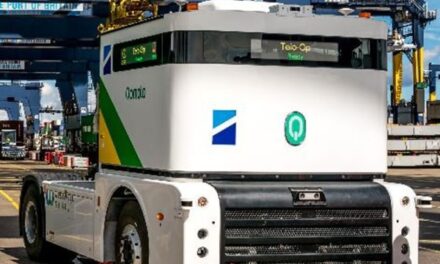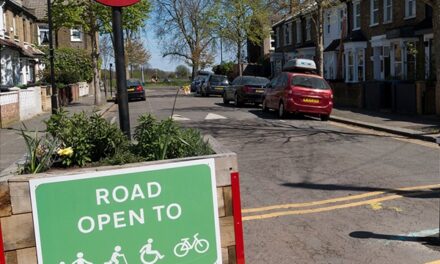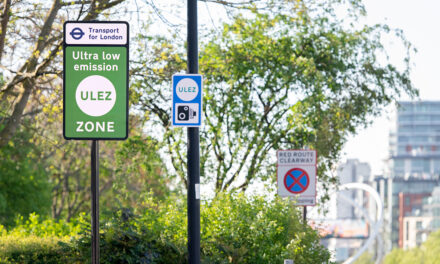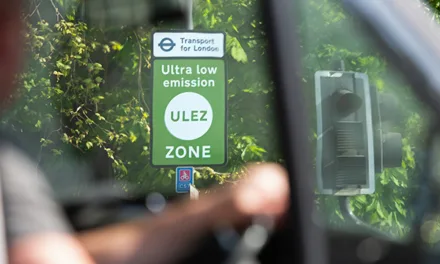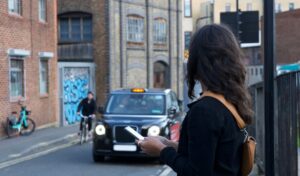T&E analysis shows a big impact on NO2 pollution in European cities; brake particle emissions could be almost halved.
New research shows that if robust Euro 7 air pollution rules are adopted, NO2 pollution from road transport will be reduced by around 50% by 2035. This will result in up to 24% lower concentrations of toxic NO2 in pollution hotspots in five major European cities – Brussels, Madrid, Milan, Paris and Warsaw – by 2035. The research debunks one of the car industry’s major claims opposing the tightening of air pollution rules: that Euro 7 would not significantly improve the quality of the air we breathe.

The research from Transport & Environment (T&E) carried out by Air Quality Consultants Ltd, highlights that a robust Euro 7 would reduce the burden on cities to tackle air pollution. Without Euro 7, the most heavily trafficked air pollution hotspots in Brussels, Madrid, Paris and Warsaw will not comply with the NO2 air pollution limit proposed for the revision of the Ambient Air Quality Directive in 2035 unless other measures such as more stringent low and zero emission zones are implemented.
Anna Krajinska, emissions engineer with T&E said: “This research shows that claims that Euro 7 won’t significantly reduce toxic pollution are just another example of the European car industry spreading uncertainty and doubt about its impact. Toxic air pollution from road vehicles, among which NOx is one of the most potent, causes 200 premature deaths every day in Europe. A robust Euro 7 would save thousands of lives and improve air quality for tens of millions of European citizens.”
Advertisement
The research also concludes that greater ambition on brake pollution limits could rapidly reduce particle pollution. A brake particle limit of 3mg/km in 2025 instead of 7 mg/km in 2025, and 3 mg/km in 2035, would almost double the reduction in brake particle pollution from 19% to 34% already in 2030, and from 34% to 55% in 2035. The brake vacuum technology to meet this limit is already available and cheap, costing around €100 per car.
Anna Krajinska continued: “The technology to greatly reduce toxic tailpipe pollution already exists and, according to the European Commission, would only cost on average around €200 per car while bringing major public health benefits. Carmakers continue to claim Euro 7 is unaffordable, yet last year they made record profits of €64 billion. Policy makers should not be fooled by these claims and, instead, should put the health of citizens first.”
Air pollution from road transport kills 70,000 Europeans prematurely every year and causes a multitude of diseases including cancer, stroke and cardiovascular disease. Euro 7 will set legal limits for nearly 100 million petrol and diesel cars that will be sold in Europe after 2025 and 3.1 million large diesel trucks after 2027, when it is supposed to come into force. T&E is warning that citizens’ health will suffer for decades if the industry slows or waters down proposed new standards on emissions from cars, vans, buses and trucks.





